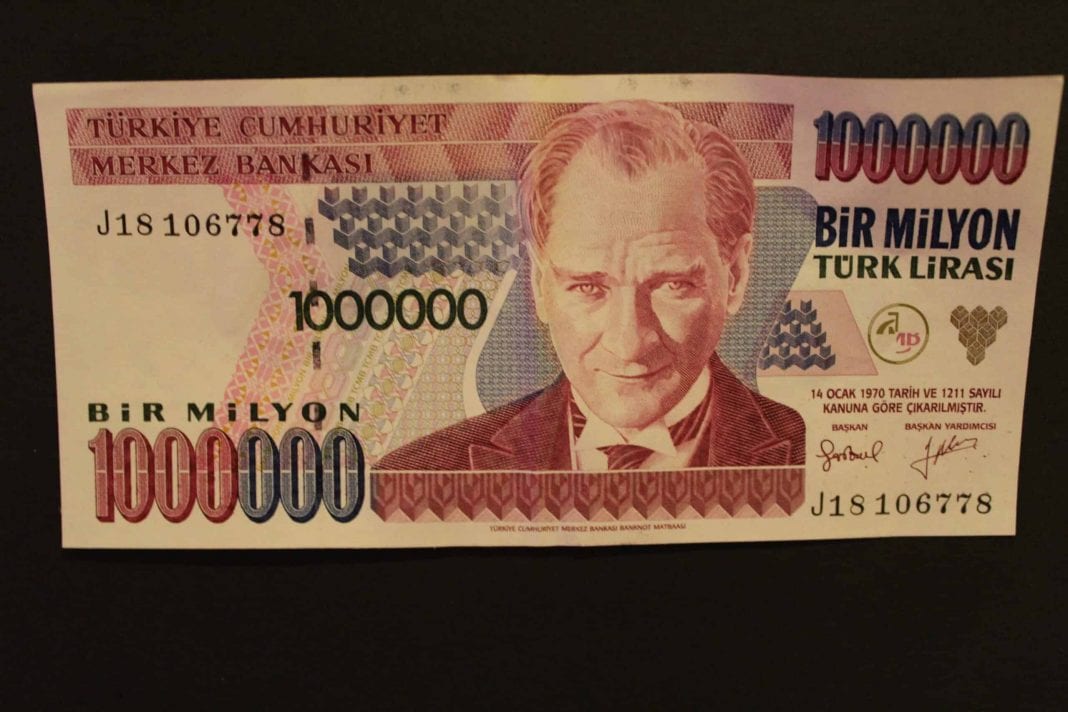Summary:
Traditionally, Turkey has been a main regional actor. However, Turkey’s recent economic impediments caused by a diminishing economy nullified operations to increase its scope of influence. As such, Turkey has been forced to make amends and turn foes into friends through diplomacy . Leading to a reshuffle of the hegemonic order within the region and a change in Turkey’s foreign policy, as Istanbul prioritises creating allies over exerting influence. This report covers the three crucial areas of economy, diplomacy and military, which aid in forecasting how Turkish foreign policy would look like in the near future.
Key Judgement 1:
The necessity of forging new economic allies to revive the Turkish economy will likely decrease Turkish participation in proxy conflicts within the region, especially in the Middle East.
- Turkey had been involved in the second Libyan civil war. It participated by deploying troops to assist the GNA. The rationale behind it is to secure access to resources and maritime boundaries to further their agenda regarding the Blue Homeland doctrine it has. (Denizeau, 2021)
- However, the UAE and Egypt had backed the previously recognised government and offered their own support, which situated them as regional rivals.
- With Turkey’s diminishing economy and the unproductive fiscal vision that the head of state has regarding the shrinkage of economy. Turkey has lost its capability of engaging in such confrontations as it is not cost-effective.
- The means of economic revival through more efficient ways, such as economic partnerships could be the resolve to Turkey’s economic issue. (Source)
- As such, it is highly likely this will shape Turkey’s foreign policy regarding the Middle East within the following 12 months; indicating possible further efforts for reconciliation with influential regional actors such as Egypt, UAE and Saudi Arabia based on the trend.
Key Judgement 2:
It is highly likely that Turkish foreign policy will become less confrontational in key regions such as the Eastern Mediterranean Sea as a result of Turkey’s failing currency.
- Considering Turkey’s exclusion from the EMGF (East Mediterranean Gas Forum); meant that the opportunity to access rich amounts of natural gas was missed. However, due to the economic strains Turkey is facing, Turkey has sought out bilateral meetings with Egypt for a maritime delimitation agreement.
- President Erdogan had stated his interest in maximising its cooperation with Egypt and other gulf countries “on a win-for-all basis”. (Source)
- The first evidence that supports the claim, talks for reconciliation through extending greeting to each other after 8 years. So, it is highly likely that Turkey will suspend any participation that could affect the relationship it is trying to amend.
- Following the meeting which occurred during the 24th Nov 2021, Turkey had secured an investment accord by the ADQ (Abu Dhabi Development holding) which is worth $10 billion. As such, the economic dependency on UAE that Turkey has, will enable the dealings for the demarcation of maritime borders with Egypt to occur organically without the need for coercive strategies. (Source)
Key Judgement 3:
There is a realistic probability that the turn-around in diplomatic affairs is influenced by a strategic military decision to bolster coercive capabilities within the dispute over Varosha.
- Varosha, being the abandoned town located in Northern Cyprus which has been long disputed by Turkey and the Republic of Cyprus. Has had development plans made by Turkey which have been criticised and condemned by the US, Israel and the Republic of Cyprus. (Source)
- The dispute over Varosha is one of the issues between Republic of Cyprus and Turkey. However, the dispute is symbolic over how much influence Turkey can still retain throughout their turbulent times.
- Therefore, creating new partnerships such as with the UAE will ensure that there will be no loss of coercive leverage throughout the impediments created by Turkey’s failing currency, making it a reasonable strategic choice.
- This has become evident through the recent military defence acquisition by the UAE to boost the lucrative arms production in Turkey.


